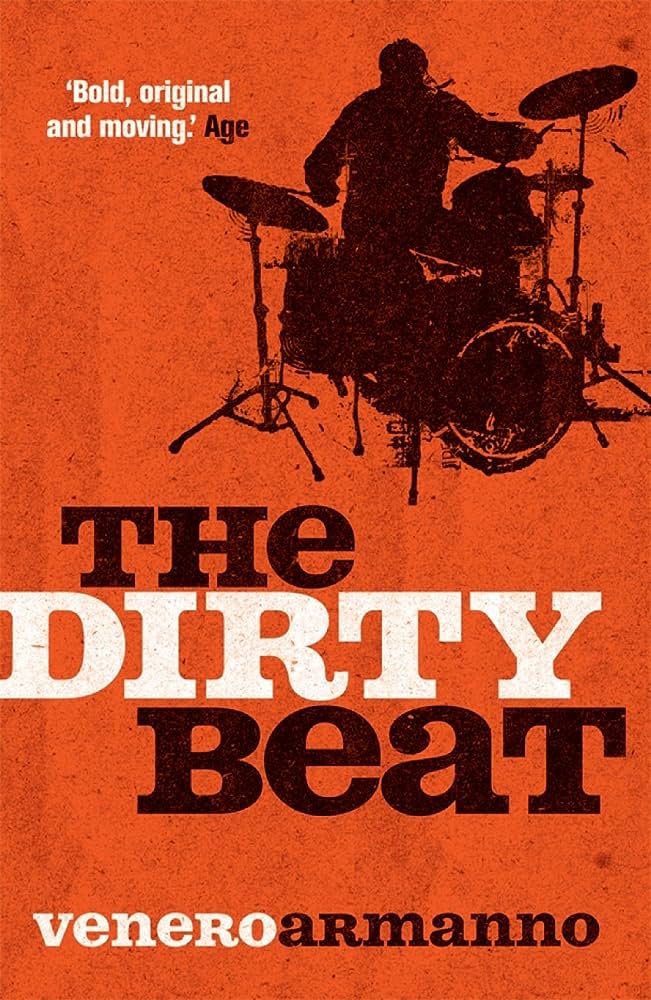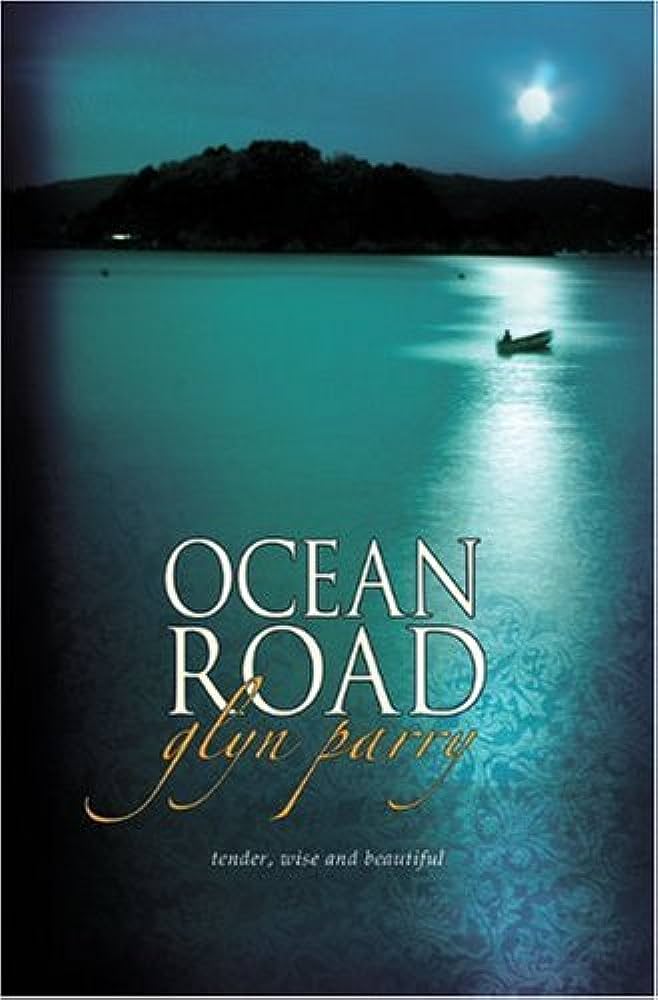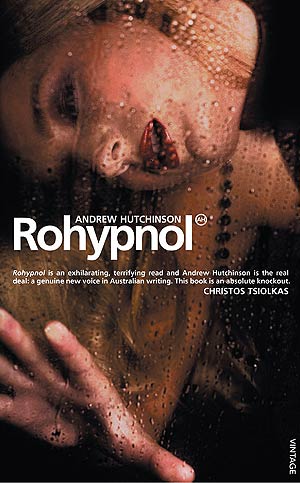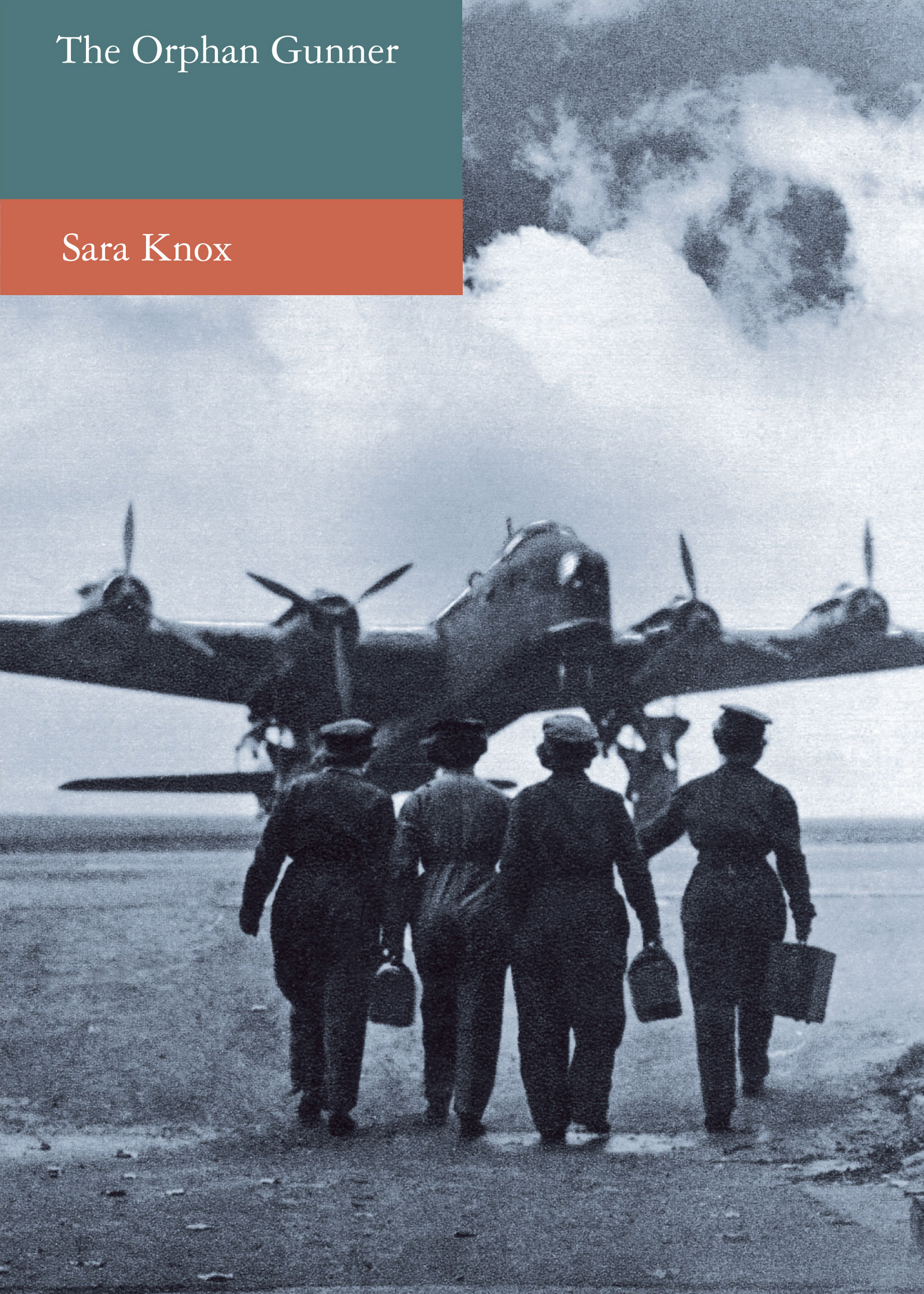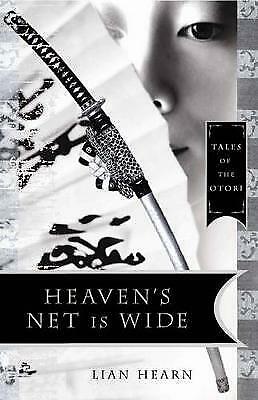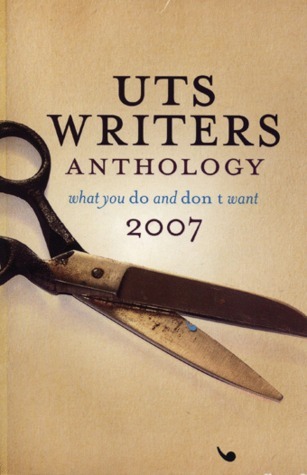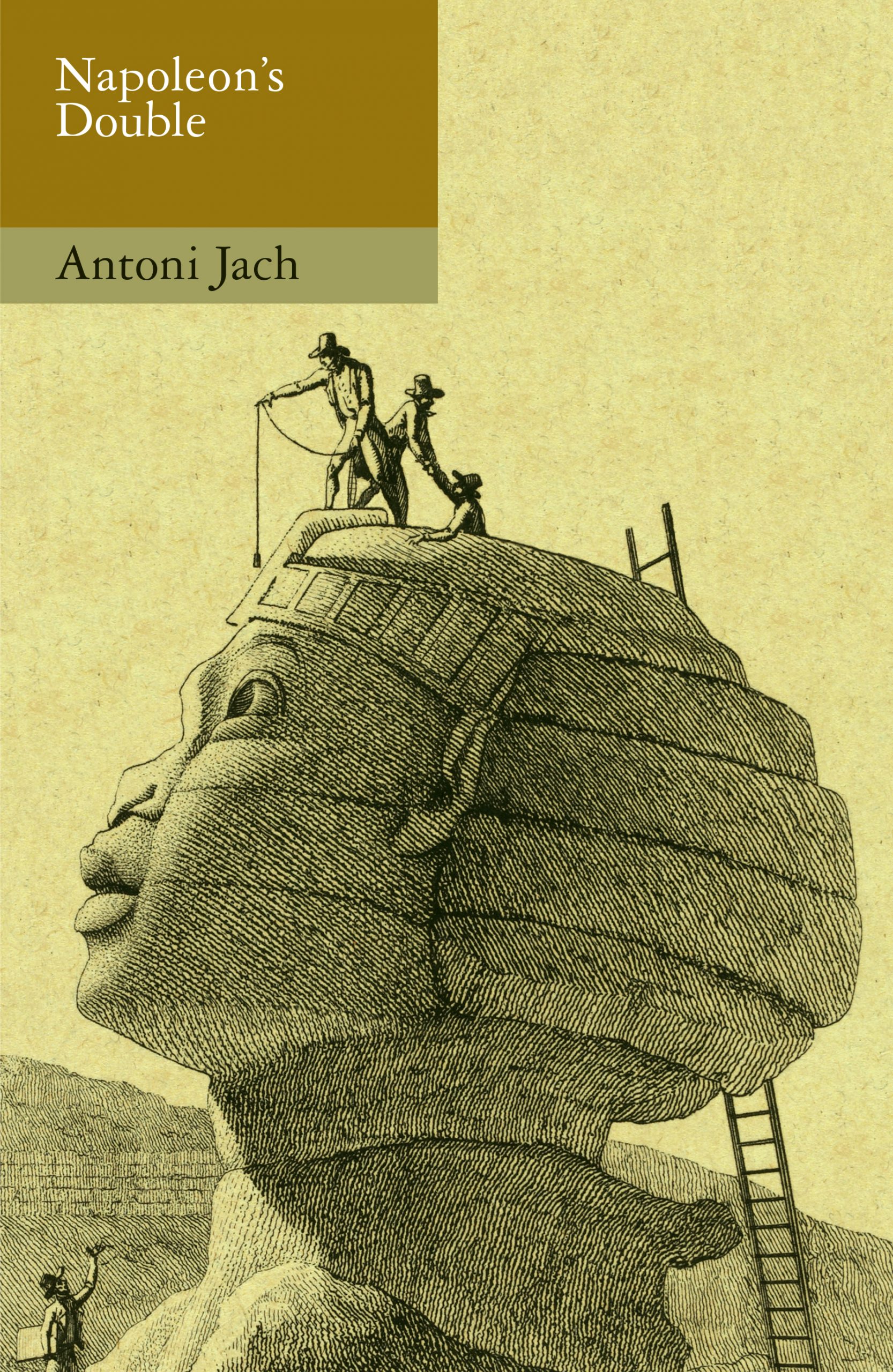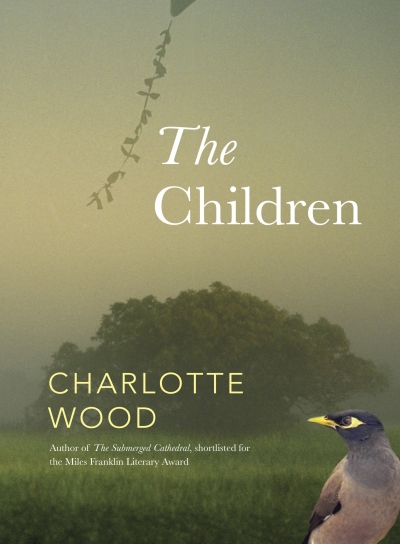Fiction
Rock’n’roll romanticism can stand in for many things: the sense of lost authenticity, lost freedom, lost youth, the good old days before music was composed by machines and performed by underwear models and all the pubs were turned into gambling venues. The passion, the music, the soul: Venero Armanno’s new novel is about all that, though one of its main faults is that it is always telling you what it is about rather than making you feel it. It is not primarily self-congratulatory – Armanno makes fun of rock wannabes always on the verge of failure – but that note is never far off, and the book still seems to be trying to write its own blurb.
... (read more)Ocean Road ruminates on the abrupt demise of a marriage. Narrated by the only child of the union, the account is detailed and poignant. Toby, now a young adult, attempts to settle his parents’ competing claims to his allegiance, and finds himself drawn into the world of their past. Striving to represent his parents impartially, he realises that much of their story is also his. The few years since the collapse of the marriage have brought Toby independence as well as the chance, if not the need, to revisit the events that propelled him into adulthood.
... (read more)Andrew Hutchinson’s Rohypnol, which won the 2006 Victorian Premier’s Literary Award for Best Unpublished Manuscript, follows a self-professed adolescent ‘monster’ as he dabbles in drugs, crime and violence while peddling ‘The New Punk’ philosophy. The pharmaceutical drug of the title is used by the narrator and his ‘rape squad’ to sedate and assault women.
... (read more)This marvellous first novel may be historical fiction, but its themes and concerns are by no means limited to the past. Sara Knox interweaves questions of gender and identity, sexuality, class and the overarching issue of morality in times of war.
... (read more)Heaven’s Net is Wide by Lian Hearn & Blue Dragon by Kylie Chan
There has been talk recently about the loss of regionalism in Australian literature and culture, and about the decline of Australian literature generally, but these two novels suggest that not only is Australian fiction flourishing but it is finding new ways to engage with the cultures of the region. They represent innovative interactions between Australia and Asia, for a popular audience.
Pam Macintyre
Top of my list is Sonya Hartnett’s bitter-sweet story of love and loss, The Ghost’s Child (Viking), for its emotional punch, mixture of realism, fairytale and magic realism, and exquisite prose. Also written with emotional clout is Bill Condon’s witty and frank Daredevils (UQP). Joel and Cat Set the Story Straight (Penguin), by Nick Earls and Rebecca Sparrow, gives sheer pleasure in a double-double writing act: Earls writes the wannabe Matthew Reilly contributions to a joint school writing task, while Sparrow has Cat channelling Jane Austen. The consequences of the uneasy school and personal relationships between the two, their increasingly intertwined lives, and the story they create are hilarious.
... (read more)Antipodes, vol. 21, no. 1, 2007 edited by Nicholas Birns & Southerly, vol. 67, no. 1-2, 2007 edited by David Brooks and Noel Rowe
This volume of Southerly, combining the first two issues for 2007, is a celebration of Elizabeth Webby’s contribution to Australian literature. Noel Rowe and Bernadette Brennan, the editors principally responsible for this issue, describe it as ‘a tribute to a brilliant career’. There are contributions from academic colleagues, generations of poets and writers of short fiction, and a number of ex-students, many of whom ‘have gone on to distinguished academic careers’.
... (read more)Creative Writing courses – those ostensible hothouses of creative ferment whose methods and very existence have been so heatedly debated in these pages and elsewhere – often appear to those of us on the outside as the breeding ground for several subspecies of writer. On the one hand, there are the determinedly postmodernist, whose highly ironic and heavily footnoted metafiction is, on average, about fifty per cent less clever than they like to think it is. On the other, there are the magic realists and wannabe lyricists, whose lilting, pastel-coloured prose seems more at home in the pages of a teenager’s personal diary than it does in those of a serious anthology. Then there are the plain-speaking reporter types, who should probably be doing journalism but, for one reason or another, have chosen Creative Writing instead.
... (read more)Napoleon’s Double, by Antoni Jach, is another in the series of fictions inspired by the larger-than-life figure of Napoleon Bonaparte. It would be wrong, however, to think that this is an historical novel about Napoleon the man. The operative word in the title is the word ‘double’, and the imaginative writing in the novel ‘doubles’ history, illuminating it. Doubles abound in the work: of the characters, but also of central themes and meanings.
... (read more)Childhood, Freud taught, becomes us, but our earliest memories can be sly; they resist us when we seek them, and pounce when we are unprepared. It is thus only by chance that Proust comes upon his first recollections, those idyllic scenes revived in long wafts of hawthorn-scented nostalgia. The legacy of childhood and its fickle reminiscence has always been prominent in Charlotte Wood’s work. In The Children, childhood is remembered as a grim affair, something the three siblings at its centre would rather leave behind. Yet much of this novel hinges on the idea that childhood is something we never escape: old memories involuntarily impinge upon us, and the self that defined us as children, the book suggests, constitutes us throughout our lives.
... (read more)

